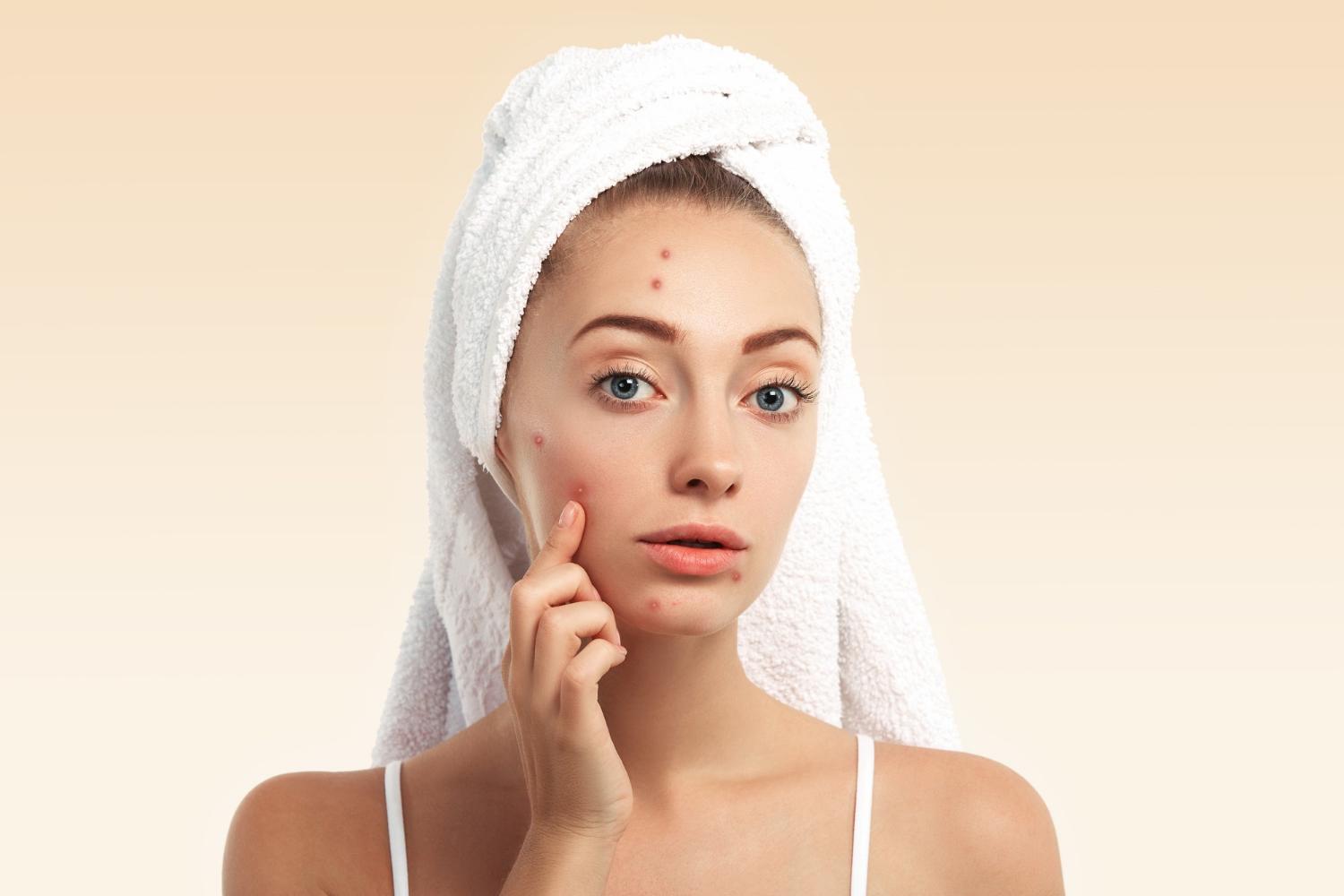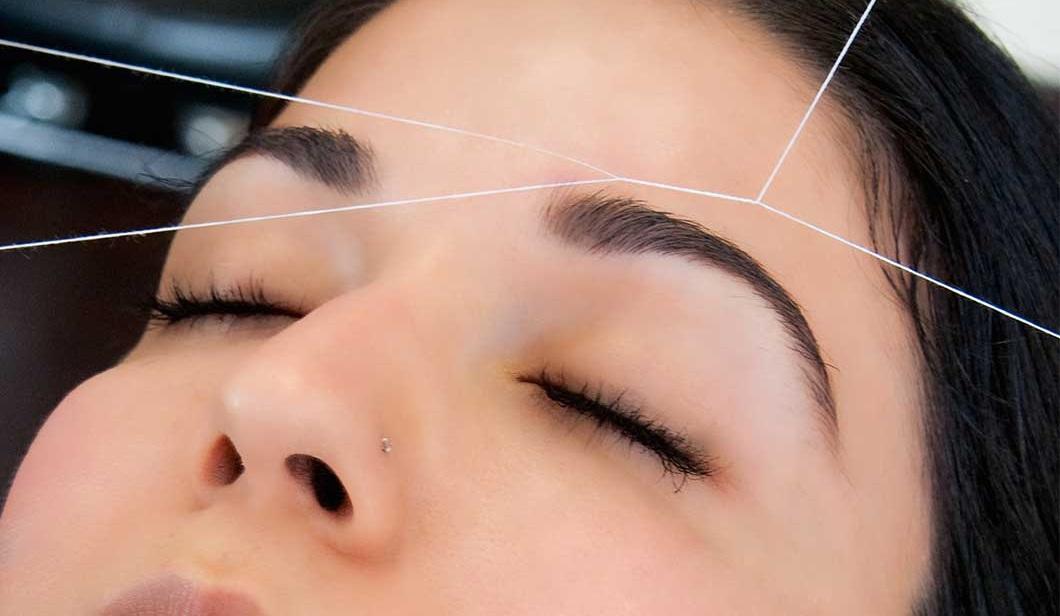Many seek the latest treatments and products, such as acne scar treatment in Melbourne in the quest for flawless skin but overlook the foundational role of diet in skin health. What we eat directly impacts the quality of our skin, affecting everything from its hydration to its texture and clarity.
The science behind skin and diet
The skin is a reflection of your overall health and is particularly responsive to your diet. Nutritional deficiencies or excesses can manifest as skin problems, such as dryness, oiliness, acne, and even premature ageing. Understanding this link is the first step toward achieving a radiant complexion through nutritional means.
Foods for fabulous skin
Incorporate these foods into your diet to boost skin health:
● Fatty fish: Salmon, mackerel, and herring are excellent sources of omega-3 fatty acids, crucial for maintaining skin moisture and elasticity. They also contain zinc, a vital mineral for regulating inflammation and promoting skin healing.
● Avocados: High in healthy fats, avocados help keep skin flexible and moisturised. They’re also packed with vitamins E and C, both antioxidants that protect skin cells from oxidative damage.
● Walnuts: Walnuts are another fantastic source of essential fatty acids that your body cannot produce itself. They’re also rich in zinc, which aids in skin repair and inflammation control.
● Sweet potatoes: Beta-carotene, found in sweet potatoes, acts as a natural sunblock and protects your skin from sun damage. When consumed, this antioxidant is converted into vitamin A, which helps improve skin health.
● Bell peppers: Like sweet potatoes, bell peppers are an excellent source of beta-carotene. They’re also one of the best sources of vitamin C, necessary for collagen production, which keeps the skin firm and strong.
● Green tea: The catechins found in green tea are powerful antioxidants that protect your skin against sun damage and reduce redness, improving its hydration, thickness, and elasticity.
Foods to avoid for clearer skin
While striving for clearer skin, it’s crucial to incorporate beneficial foods and reduce or eliminate those that can negatively impact your skin. Sugar and refined carbs are prime culprits; high-glycaemic foods can cause a spike in blood sugar and insulin levels, leading to inflammation and exacerbating skin conditions like acne. Limiting the intake of foods such as white bread, candy, and sugary drinks can help mitigate these effects.
Dairy products also pose potential problems for some individuals; they can trigger acne and other skin issues due to hormones present in milk. Although the connection between dairy and acne isn’t universally applicable, it’s wise to monitor your skin’s response to dairy products and reduce your intake if necessary.
Processed and fast food are harmful to skin health due to their high levels of trans fats, sodium, and sugars, which can promote inflammation and should be consumed in moderation.
Adding to this, alcoholic beverages and caffeinated drinks should also be consumed in moderation as they can dehydrate the skin and potentially lead to a dull, aged appearance.
Furthermore, spicy foods might aggravate certain skin conditions like rosacea and acne, as they can trigger inflammatory responses in some individuals. It’s important to observe how your skin reacts after consuming these foods and adjust your diet accordingly for clearer, healthier skin.
Implementing a skin-healthy diet
Implementing a skin-healthy diet is essential for maintaining vibrant, hydrated, and clear skin. The foundation of such a diet involves hydrating adequately; it’s recommended to drink 8-10 glasses of water daily to flush out toxins and ensure your skin remains plump and hydrated. Incorporating hydrating foods like cucumbers and watermelon can also support this goal.
Moreover, achieving a balanced diet is crucial; consuming a variety of vegetables, fruits, whole grains, and lean proteins provides the skin with the necessary nutrients it needs to flourish. Planning is another key aspect, as preparing skin-healthy meals in advance helps avoid the temptation to indulge in less nutritious options. Instead of reaching for processed snacks, opt for healthier alternatives like nuts, seeds, or fruits.
It’s also important to listen to your skin and observe how it reacts to different foods. Maintaining a food diary can be a useful approach to identify and eliminate any dietary triggers that may be causing skin problems. By following these steps, you can help ensure your skin remains healthy and radiant.
While modern solutions like cosmetic tattooing offer ways to enhance our appearance externally, the health of our skin is deeply rooted in what we nourish it with internally. Embracing a diet that supports skin health contributes to a glowing complexion and improves your overall well-being.
Remember, changes to your skin from dietary adjustments don’t happen overnight. Consistency is key. By integrating these dietary practices into your daily routine, you’re investing in your skin’s long-term health, enabling it to be as resilient and vibrant as possible.
In essence, while treatments and external care routines are beneficial, the most enduring beauty regimens start with what’s on your plate. Start treating your skin from within, and watch as it transforms into a clearer, healthier, and more radiant version of itself.






